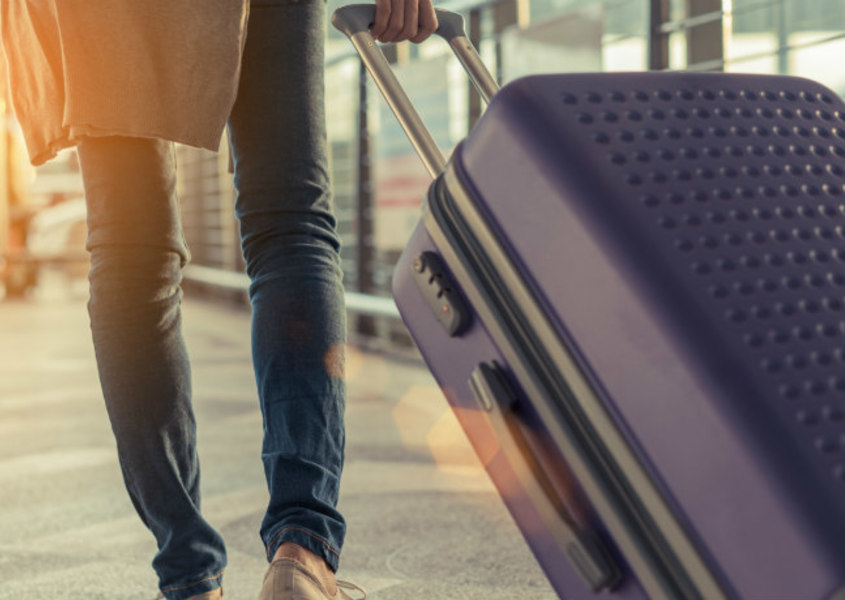Air France officials are scrambling to reassure “corpulent” passengers that, contrary to yesterday’s reports, the airline will not force those who cannot fit in one seat to pay for two. It will continue its “loose” policy of giving obese passengers (250-plus pounds; roughly 34 percent of Americans) the option of purchasing an extra seat at a 25 percent discount – but will, starting February 1, refund the added fare if the flight isn’t full. The story has refueled the so-called "fat tax" debate – a sensitive issue that has airlines tiptoeing around passenger's emotions – and legal lines. It's such a touchy issue that clear policy outlines are hard to come by on many official airline websites . . . so we've presented a few for you.
Major U.S. carriers Southwest, JetBlue, Continental, and United all have policies where “customers of size” who's, ahem, personal luggage doesn’t fit within the confines of the armrests will be asked to upgrade to a more spacious cabin or buy a second seat (typically offered at an equal or lower price – and only if no others are open on the ticketed flight). In most cases, passengers can claim a refund if the flight is not fully booked.
Other carriers, like American and US Airways, attempt to be more accommodating, charging larger customers an extra fee only as an absolute last resort (if no empty seats exist on the current flight or the next). Delta will, upon request, try to ensure an adjacent seat is unoccupied for a passenger with “special needs”; but if not, prepare to deplane and dip into your pocket for a second space on the next flight.
Regardless of policy details, passengers with high-body mass on all airlines are warned that if they choose not to purchase an extra seat on their own in advance, they may not be allowed to fly. For safety reasons, the FAA mandates an “if you can’t click it, you can’t fly” regulation for seatbelts on all flights (although the FAA has approved seatbelt extensions for use, not all flights or airlines have them on hand at all times).
What do you think? Are these policies, whatever their terms, discriminating (as the Canadian government ruled in the case of clinically obese customers)? Or are they, quite simply, a logistical necessity?

